Search
Did you mean: Ur?
Search Results
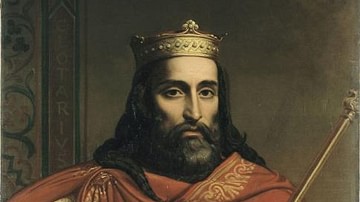
Definition
Chlothar I
Chlothar I (l. c. 498-561) was a Merovingian king of the Franks, the second to rule over a unified Frankish kingdom after his father, Clovis I (l. c. 466-511). When Clovis died in 511, his kingdom was divided up between his four sons, but...
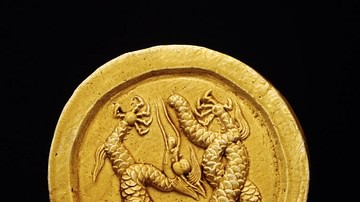
Article
The Dragon in Ancient China
Dragons appear in the mythology of many ancient cultures but nowhere else in the world was the creature quite so revered as in China. There, in marked contrast to other world mythologies, the dragon was almost always seen in a positive light...
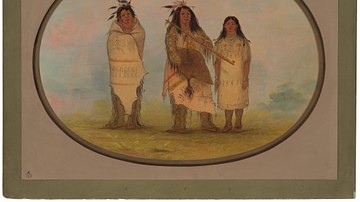
Article
The Life and Death of Sweet Medicine
The Life and Death of Sweet Medicine is a Cheyenne tale of the great prophet and law-giver Sweet Medicine who received the sacred Four Arrows, structure of government, and rules of society from Maheo, the Wise One Above, and predicted the...

Article
Legions of Britain
After the Roman emperor Claudius (r. 41-54 CE) successfully conquered Britain in 43 CE, four legions were left there to maintain the peace: XIV Gemina, II Augusta, IX Hispana, and XX Valeria Victrix. However, by the end of the decade, XIV...
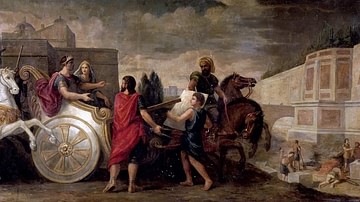
Article
Diodorus Siculus' Account of the Life of Semiramis
Semiramis is the semi-divine Warrior-Queen of Assyria, whose reign is most clearly documented by the Greek historian Diodorus Siculus (l. 90-30 BCE) in his great work Bibliotheca Historica ("Historical Library") written over thirty years...
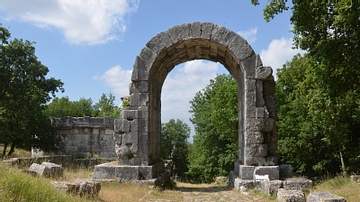
Article
Visitor’s Guide to Carsulae (San Damiano)
Carsulae in Umbria, central Italy, was founded c. 300 BCE and only became a prosperous urban centre after it was connected by the Via Flaminia towards the end of the 3rd century BCE. It was granted the status of municipium and acquired a...

Article
Sees-In-The-Night
Sees In The Night (Sees-In-The-Night) is a Cheyenne tale of a young, poor boy who, through the kindness shown to a dog, becomes a great warrior and chief of his people. The story emphasizes the Cheyenne value of kindness toward others, especially...

Image
Seated Buddha from Gandhara
This Seated Buddha was found in Gandhara, Pakistan (100-300 CE).
This image was taken at the National Museum of Australia in the travelling exhibition A History of the World in 100 (and 1) Objects.
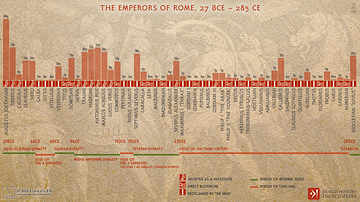
Image
The Emperors of Rome, 27 BCE - 285 CE
An infographic depicting the timeline of the emperors of Rome from the ascension of Caesar Augustus (Octavian) in 27 BCE until the end of the Crisis of the Third Century and the onset of the Tetrarchy under Diocletian "Jovius" in 285 CE through...
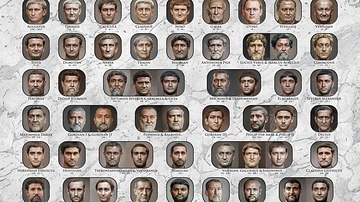
Image
Artistic Facial Reconstructions of Roman Emperors
A poster with facial reconstructions of Roman emperors who ruled during the Principate, from the reign of Augustus (r. 27 BCE-14 CE) to Carinus (r. 283-285 CE). These photorealistic representations are only best guesses at how their subjects...